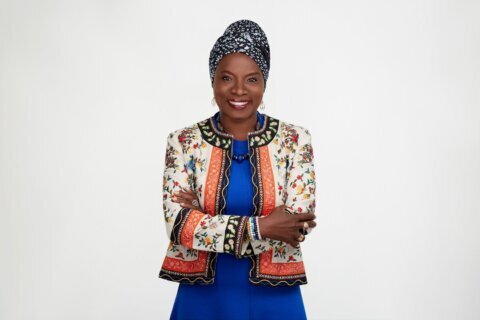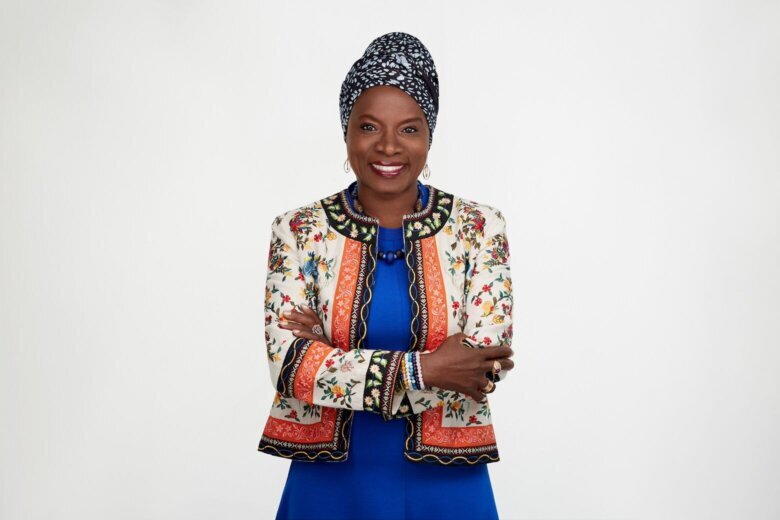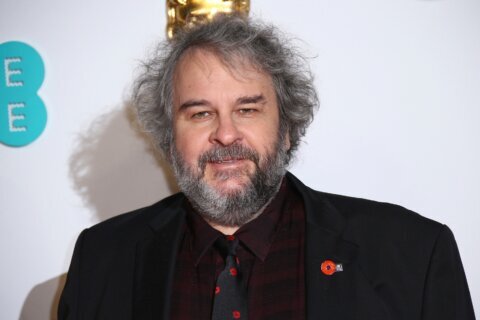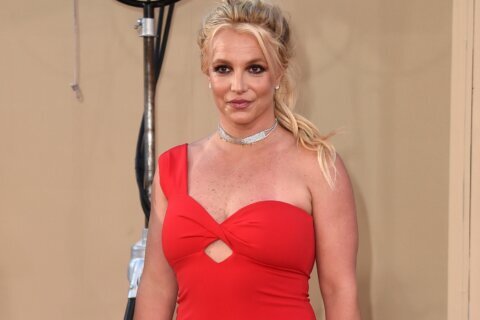She’s a true legend of world music, winning five Grammy Awards over her prolific career.

This Wednesday, Angélique Kidjo performs live with the National Symphony Orchestra at the Kennedy Center.
“It has been a program we have been talking about for a while now,” Kidjo told WTOP. “The thing that was important for me was to come and pay tribute to the music that has inspired my music from the 60s (Miriam Makeba, Fela Kuti and Youssou N’Dour) all the way down to today with the music of Burna Boy, Rema and all the young kids that grew up listening to my music. Music has informed me about the diversity of our shared humanity.”
Born in Ouidah, French Dahomey (now Benin) in 1960, Kidjo was an inquisitive child who grew up listening to James Brown before becoming a singer herself. Soon, she was touring West Africa with her debut record “Pretty” (1981) before seeking political refuge in Paris, France, in 1983.
“At 12 years old, the power goes to the military and becomes a dictatorship and then you start realizing that the freedom that you enjoy and take for granted can be taken from you so fast,” Kidjo said. “My dad and mom said, ‘Don’t say anything, we’ll do everything we can for you to leave this country.’ … My father had to drive me to the airport. … My last image of my dad is weeping behind the steering wheel asking himself is it the right decision.”
After her breakthrough international album “Parakou” (1989), Kidjo teamed with Branford Marsalis and Miami Sound Machine drummer Joe Galdo for the album “Logozo” (1991). She earned her first Grammy nomination working with David Z at Prince’s Paisley Park Studios in Minneapolis on her album “Ayé” (1994).
“Talking about it, I’m having flashbacks because my daughter was just born,” Kidjo said. “Ten days after my child was born, I was already in the studio, so I had to find a babysitter, and the babysitter was David Z.”
Kidjo won her first Grammy for Best Contemporary World Music Album with “Djin Djin” (2007).
“‘Djin Djin’ was an album that was really interesting to do because I was working with Tony Visconti,” Kidjo said. “It was as fun as fun can be. I brought the percussion player from Benin … and the smile on the face of Tony Visconti, who was already a Grammy winner, he had so much fun doing that album. People would come and go, here comes Alicia Keys coming to sing and Josh Groban and everybody, just like, ‘OK!’ — oh, and Peter Gabriel!”
She won her second Grammy for Best World Music Album with “Eve” (2014).
“‘Eve’ was during the trip with UNICEF in Kenya,” Kidjo said. “We were addressing the issue of stunting, which is malnutrition in a newborn baby and it has an impact economically. … When I left one village and I’d get to a second village, the women were following the program with UNICEF and they started singing (an African song) and I’d jump in and film it with my iPhone — and that was the beginning of ‘Eve.'”
She won her third Grammy for “Sings” (2015) with the Luxembourg Philharmonic Orchestra.
“It started with Philip Glass and the artistic director of the London Philharmonic that saw me singing in New York and said, ‘Man, I don’t know your voice, but this is crazy. Have you ever thought of singing with an orchestra?’ and I’m looking at the guy like, ‘Man, what carpet have you been smoking?'” Kidjo said. “We met at Philip’s house, we ring the door, Philip opened the door … and he was like, ‘Your tea is up there, Angélique, do you want coffee?'”
She won her fourth Grammy for Best World Music Album with her “Celia” (2019) tribute to Cuban icon Celia Cruz.
“(Growing up,) I went back to school and told my friend, ‘There is a woman coming to sing salsa,’ and they looked at me like I was stupid,” Kidjo said. “They said, ‘What? A woman singing salsa? You don’t know it’s a male-dominated art?’ I said, ‘Yeah! She’s the queen of salsa!’ … From that moment on, she unlocked something in me, she made me feel, she gave me authorization that day to finally embrace my gender and do whatever I wanted to do.”
Her fifth and most recent Grammy came for Best Global Music Album with “Mother Nature” (2021).
“I said to myself, ‘How can we use this pandemic to reach out to the young generation of musicians and also the pioneers who have been talking about climate change like Sting?'” Kidjo said. “I met Sting when we did something together during the pandemic in studio for his song ‘One World (Not Three).’ … I said, ‘I’m writing a song called ‘Mother Nature.’ You were the first one talking to us about rainforests. I need your voice on this.'”
Hear our full conversation on the podcast below:
Get breaking news and daily headlines delivered to your email inbox by signing up here.
© 2024 WTOP. All Rights Reserved. This website is not intended for users located within the European Economic Area.









